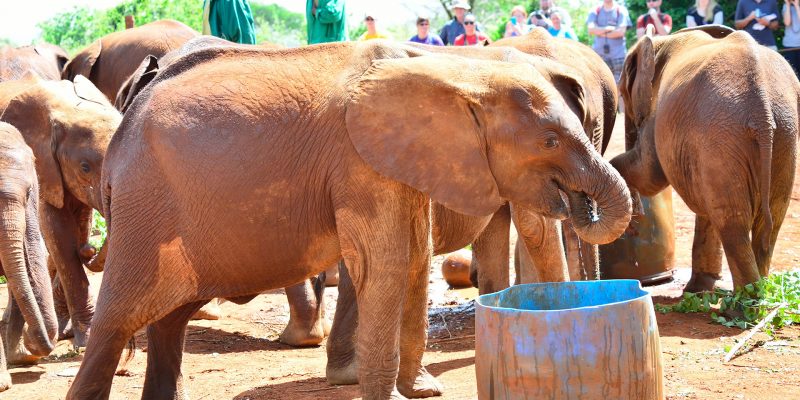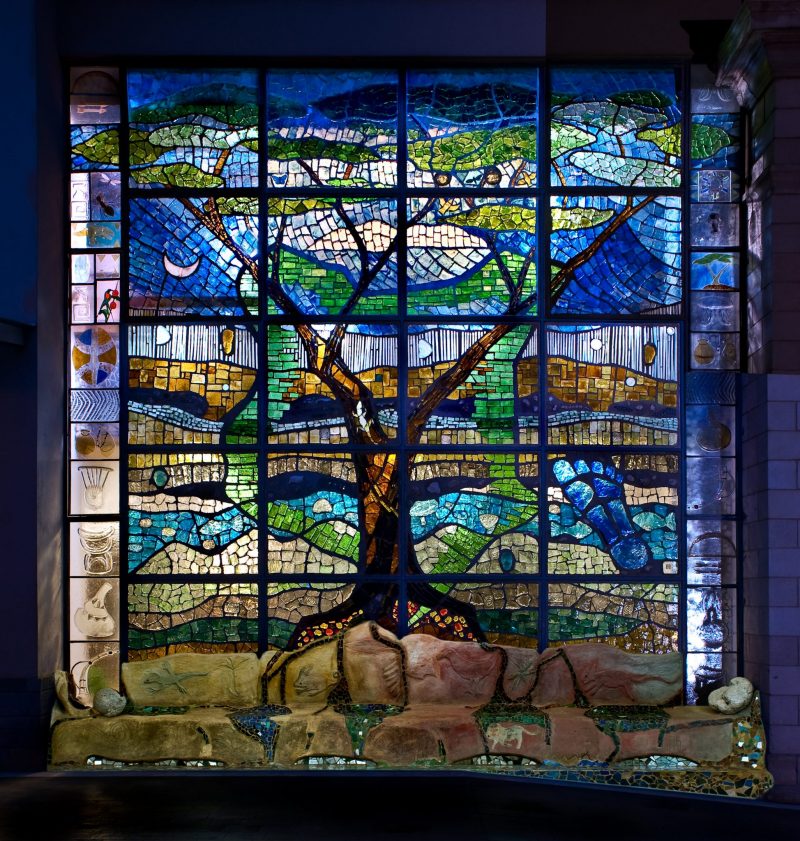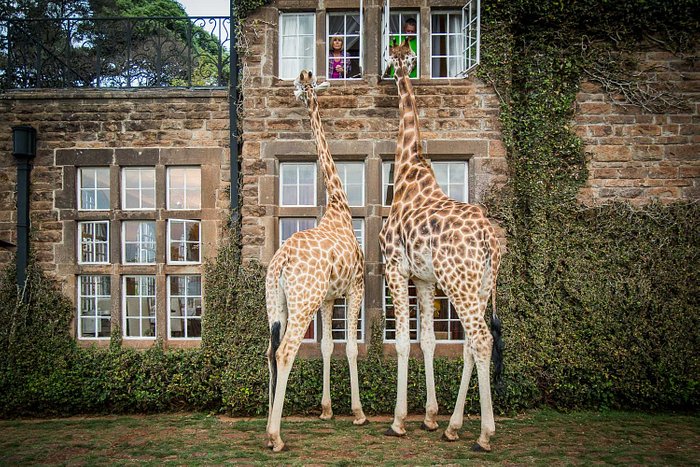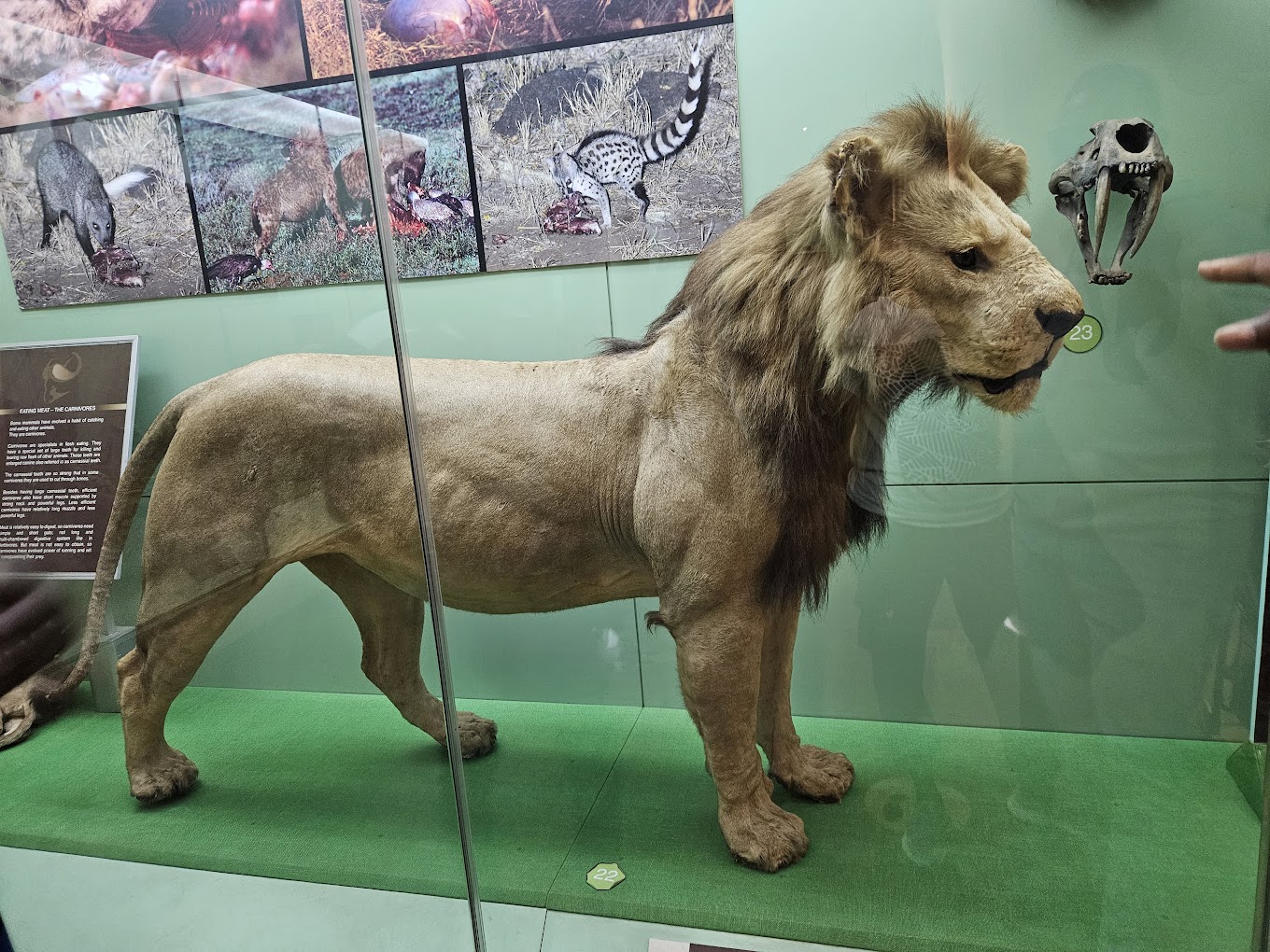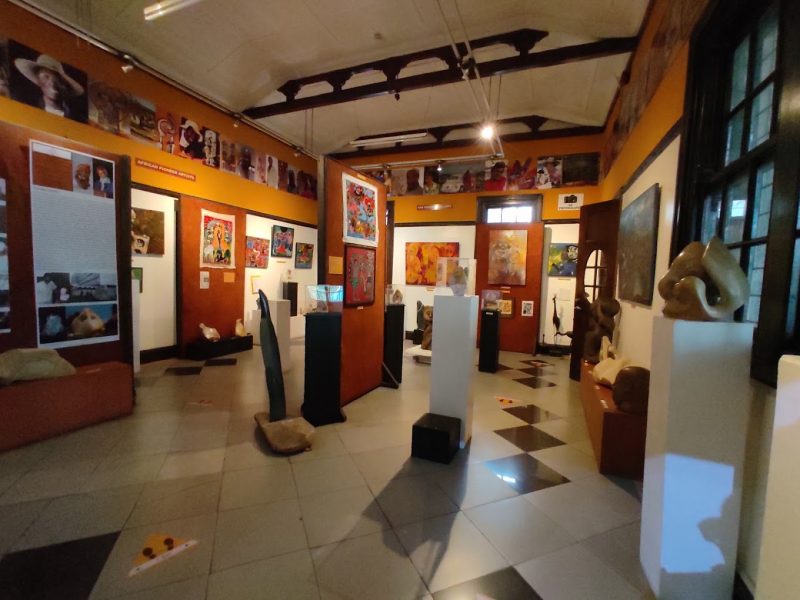David Sheldrick Elephant Orphanage of Kenya
Daphne Sheldrick was born on the 4th of June 1934 in Kenya. She grew up amongst animals, both domestic and wild while attending school in Kenya where she matriculated with Honors in 1950. For 25 years Daphne Sheldrick worked alongside her husband David William Sheldrick, the great Naturalist and the founding Warden of Tsavo National Park where he served from 1948 to 1976. Also, he played an instrumental part in the ivory poaching wars. During this time, both Daphne and David successfully rehabilitated several wild species. She had an in-depth knowledge of wildlife psychology and the behavioral characteristics of various species. But most importantly, she had a sincere and profound empathy. Sadly, David Sheldrick passed away in 1977, but his legacy of excellence in the sphere of wildlife husbandry lives on. Ever since her husband died, Daphne and her family had lived in the Nairobi National Park.
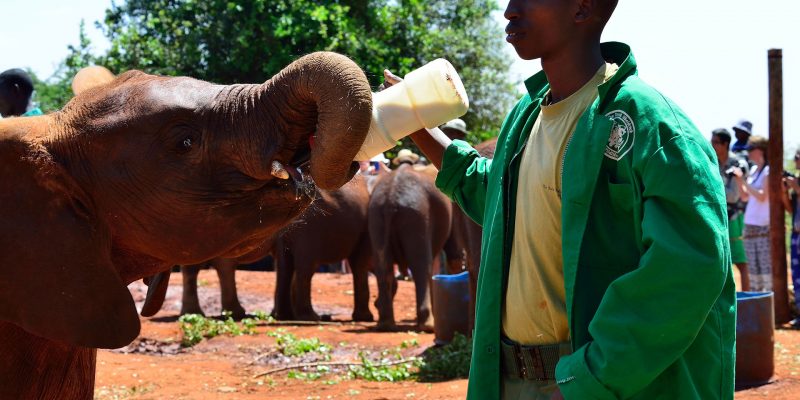
Sheldrick Elephant Orphanage
Dame Daphne Sheldrick
Through an autobiography, numerous articles, four books, lectures and television appearances, Daphne Sheldrick has promoted wildlife conservation worldwide. She is now a well-known international authority on the rearing of many wild creatures. She is also the first person to perfect the milk formula for infant milk-dependent rhinos and elephants. Elephant Diaries, the BBC Documentary, portraying her work with the orphaned elephants as well as the movie Born to be Wild received worldwide acclaim. In addition, in the beautiful film, An Homage to Tsavo, Dr. Dame Daphne Sheldrick takes us on a journey of Tsavo making us fall in love with the place.
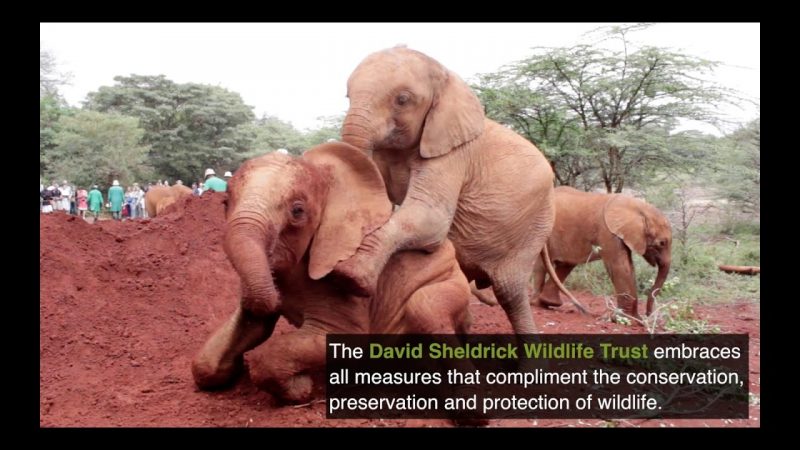
Soon after David Sheldrick’s death in 1977, Dr. Dame Daphne Sheldrick founded The Sheldrick Trust and set up one of the most remarkable elephant orphanages outside Nairobi in memory and honor of her late husband Source Credit: Youtube
David Sheldrick Wildlife Trust
Soon after David Sheldrick’s death in 1977, Dr. Dame Daphne Sheldrick founded The Sheldrick Trust and set up one of the most remarkable elephant orphanages outside Nairobi in memory and honor of her late husband which is today a global force for wildlife conservation. It has become the centre for information on elephants and their conservation. Tsavo National Park has been home to the Trust’s field operations. It is also one of the pioneering conservation organisations in East Africa. Till date, it has remained faithful to its ideals and principles.
Rich family history
The Sheldrick Trust was born from one family’s passion for the wilderness and claims a rich family history in wildlife and conservation. Through the Orphans Project, the Trust saves the lives of orphaned rhinos and elephants and ultimately releases them back into the wild. Daphne Sheldrick chairs the Trust and her daughter, Angela Sheldrick who has been part of its vision from the start, runs it. Angela has been managing its activities for over a decade. Angela’s husband, Robert Carr-Hartley along with their two boys supports her and ensures that the legacy continues. It is guided and overseen by six competent and dedicated Trustees who are experienced in wildlife and conservation in Kenya.
Attained charity status
In 2004, the Trust attained charitable status in the United Kingdom and United States enhancing its corporate funding capability. 2017 marks the 40th anniversary of the Wildlife Trust, and its mission is to protect and conserve wildlife in Kenya.
Orphanage visit rules
Visits to the Sheldrick elephant orphanage are allowed for an hour from 11 am to 12 pm when they bring the youngest nursery inmates to a cordoned area for their exercise and daily mud bath. There they bottle-feed the hungry infants. Visitors are free to watch, get close or even touch them but not allowed to feed the animals. The keepers tell stories to the visitors about how the elephants are faring and how the former orphans are progressing. After that, the animals return to the entrance.
Adoption of elephants
Visitors are allowed to adopt elephants for a fee of $50/- a year. The orphanage provides you with an adoption certificate as well as information about the adopted elephant. You will also be kept up to date with its status on an ongoing basis. The Private Session between 3 pm to 4 pm requires advance booking which allows the adopters some private interaction time with the animals. With special permission, adopters can visit the sleepy elephants going to bed. The proceeds from souvenir sale at the shop goes directly to support the work of the orphanage.
Handled with care
Elephants are amazing creatures. They have the most incredible memory of all the animals. Elephant calves who are vulnerable and orphaned due to the brutal ivory trade and habitat loss are brought here from all over Kenya. They receive extremely specialized treatment and personal care from highly dedicated staff. All the elephants at the orphanage are eventually rehabilitated back into the elephant community of Tsavo National Park when grown to eight to ten years of age. There they are reintroduced into wild herds. But even after they live in the wild, the elephants keep coming back to the orphanage keepers to show off their newborns.
Getting there
The Sheldrick Elephant Orphanage is just 45 minutes away from the city of Nairobi. It is inside Nairobi National Park. A dedicated team of conservationists takes care of orphaned baby elephants in this orphanage. The donation fee is Kshs.500/-.
5 Frequenty Aked Questions About David Sheldrick Elephant Orphanage
To receive a colourful digibook about Museum with videos, images and text, please fill out the following form or simply email us on safaris@safari-center.com

